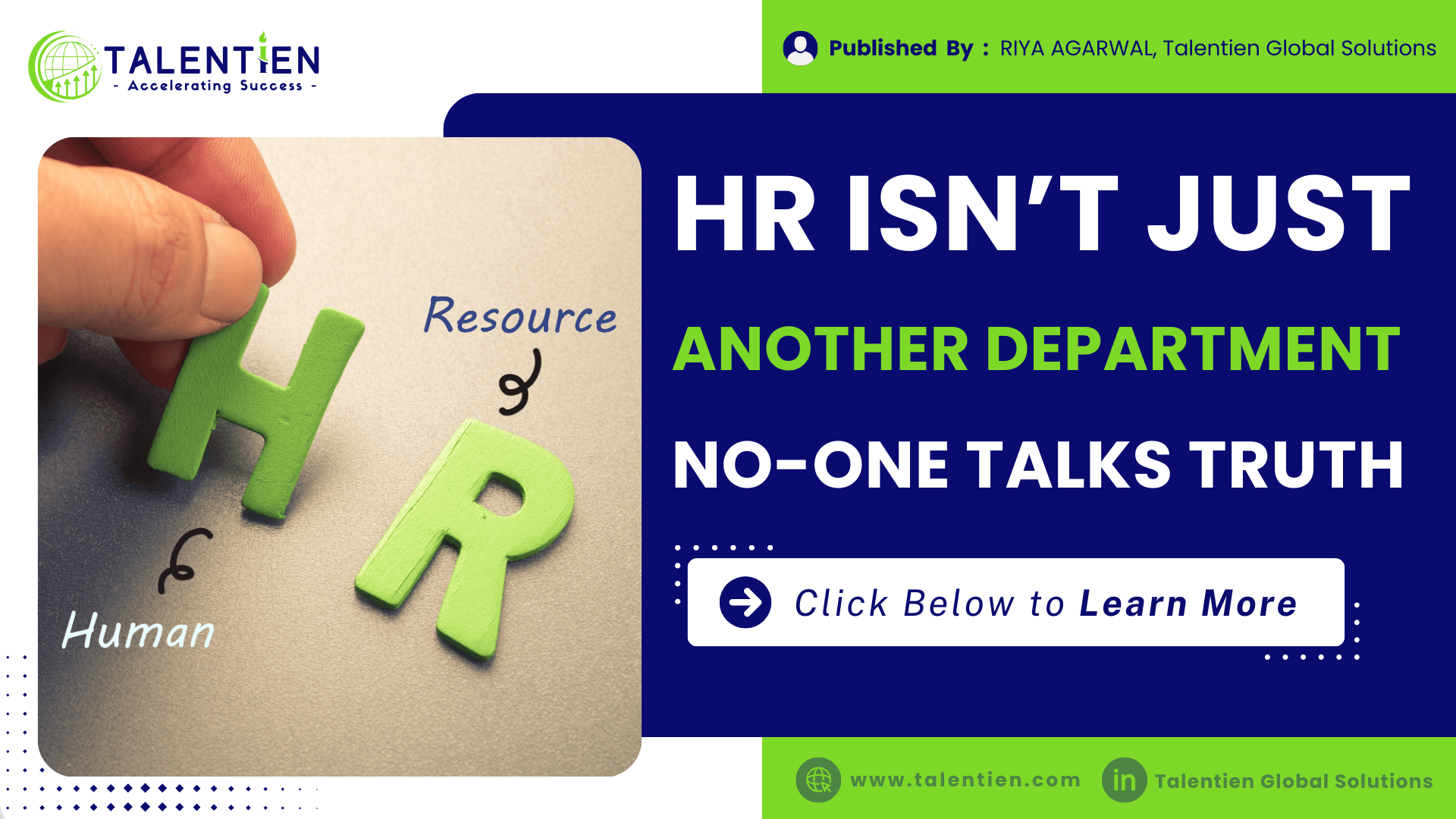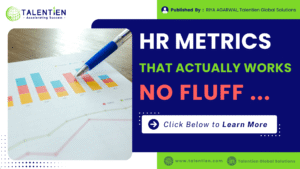Let’s call it what it really is: HR isn’t just a department. It’s not a title, and it’s definitely not just about onboarding forms, payroll, or annual reviews.
For anyone who’s actually worked in HR, you already know – it’s a daily juggle. It’s being caught in the crosshairs of empathy and efficiency, support and structure, policy and people.
It’s the job no one sees clearly until they’re deep in it.
This isn’t about glorifying the role.
It’s about telling the truth. HR, in 2025, is less about “functions” and more about balance – the kind that requires nuance, resilience, and knowing when to speak up and when to simply listen.
Let’s walk through what HR really looks like behind the polished job descriptions and clean PowerPoint slides.
Table of Contents
ToggleYou’re Expected to Be Both Protector and Policymaker
Let’s be real: employees want a safe space, someone to advocate for them. But leadership expects compliance, accountability, and structure.
And HR? We’re somehow expected to be both.
You might be trusted by a new employee opening up about burnout, only to turn around and sit in a budget meeting deciding whether that same employee’s role is at risk. You offer support—but you also have to enforce boundaries. And often, those two things aren’t on the same side of the table.
The hard part? You care. Deeply. But you’re still part of the system that makes the tough calls.
You’re Building Culture on a Shoestring Budget
“HR owns the culture,” they say. Sounds nice. But more often than not, you’re building it between hiring freezes, delayed approvals, and last-minute town halls.
You want to create meaningful employee experiences – actual moments that matter. But you’re juggling compliance updates and trying to fix broken workflows in the HRIS system. Or maybe you’re filling in for a recruiter who just quit. Or you’re trying to rewrite policies that haven’t been touched since 2016.
You’re expected to act like a People Strategist while working with the budget of an intern welcome kit. And yet – you do it. Somehow, you do.
Everyone Says They Want Strategic HR – Until You Push Back
Let’s talk about that boardroom dynamic. Companies say they want HR to be strategic partners.
But when HR raises red flags – like overworked teams, toxic managers, or why adding 30% more workload to the same headcount won’t end well – suddenly, you’re “not being solution-oriented.”
Being strategic isn’t about smiling and nodding through bad decisions.
It’s about thinking long-term, speaking up when it’s uncomfortable, and knowing that “no” is sometimes the most human, most strategic answer in the room.
The Emotional Labor Is Real and Unspoken
HR professionals carry things most people don’t see.
You’ve probably sat with someone moments after they’ve lost their job. You’ve mediated tense conversations between coworkers who can barely look at each other. You’ve been there when someone admitted they were struggling with anxiety or grief or something they’ve never told anyone at work before.
You carry those conversations with you – long after your laptop’s closed.
And yet, people think your job is just about organizing birthday cards or tracking leave balances.
That disconnect? It wears on you. But you keep showing up – because someone has to.
You’re in the Now – and Planning for What’s Next
Some days you’re head down in reports. Other days you’re asked what your org structure should look like 12 months from now. HR is expected to be reactive and proactive. Tactical and strategic. Efficient and empathetic.
You’re answering an employee’s payroll question in the morning and giving input on AI-driven workforce planning by lunch.
It’s a constant toggle between the details and the big picture. And no one gives you a break when you have to do both in the same hour.
So Where Does That Leave HR?
Here’s the truth: no one in HR is looking for applause. But a little recognition for the balancing act would go a long way.
You don’t need more fluff about “HR superheroes.” You need clarity, partnership, and resources that match the scope of what you’re being asked to carry.
Because HR isn’t just about talent acquisition or exit interviews. It’s about holding space for people—while keeping the organization moving forward.
That’s not easy. But it’s essential.
Final Thought
If you’re in HR and constantly feel like you’re walking a tightrope, that’s not a sign of failure. That’s the reality of the job today.
You’re doing the work that doesn’t always show up on a dashboard, but deeply impacts how people feel at work—and whether they stay.
So no, HR isn’t just a department. It’s not just a role.
It’s the balance between what’s right for the people and what’s necessary for the business. And navigating that with grace? That’s the real HR superpower.




